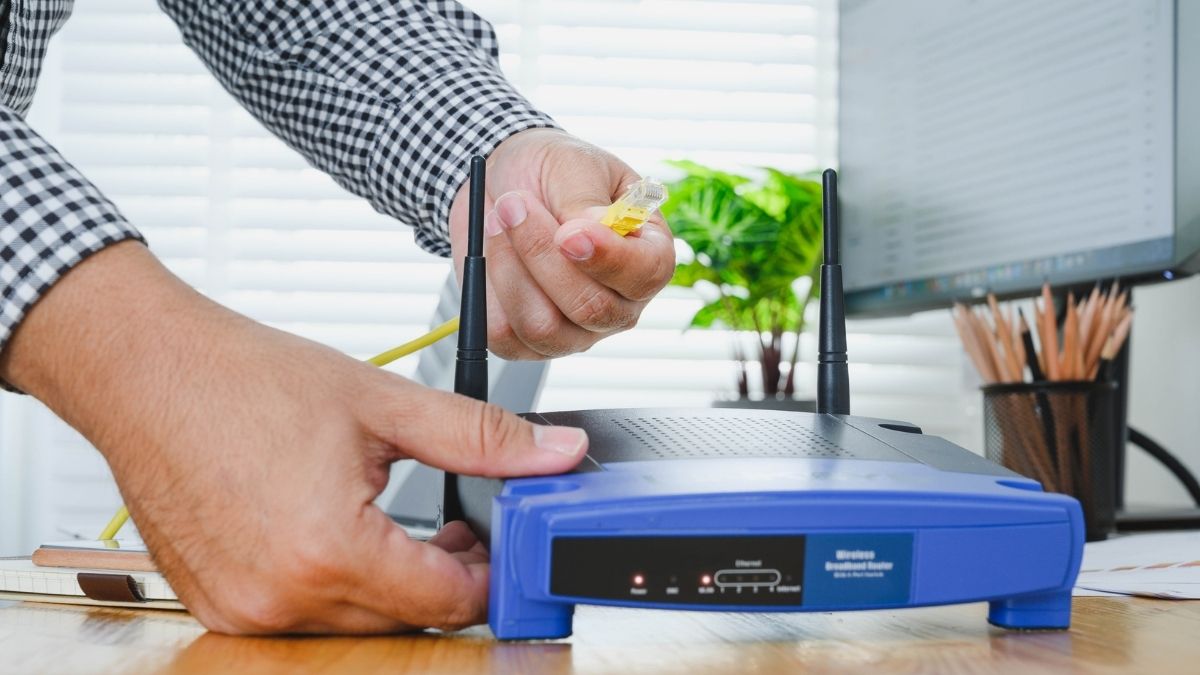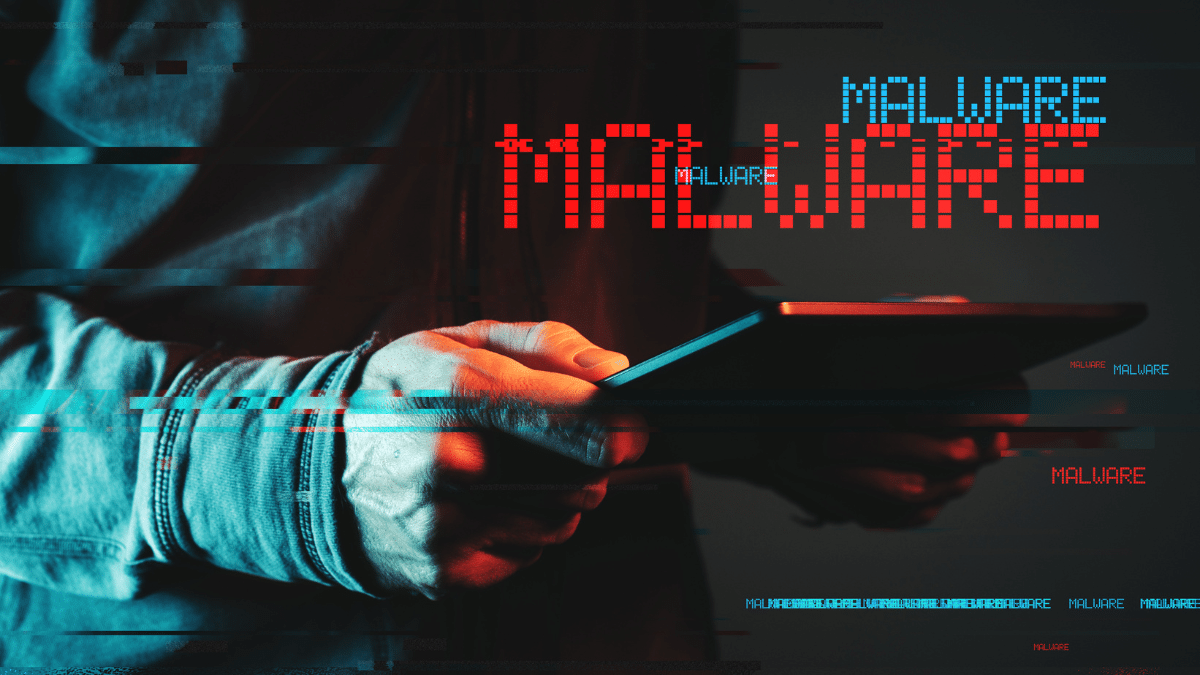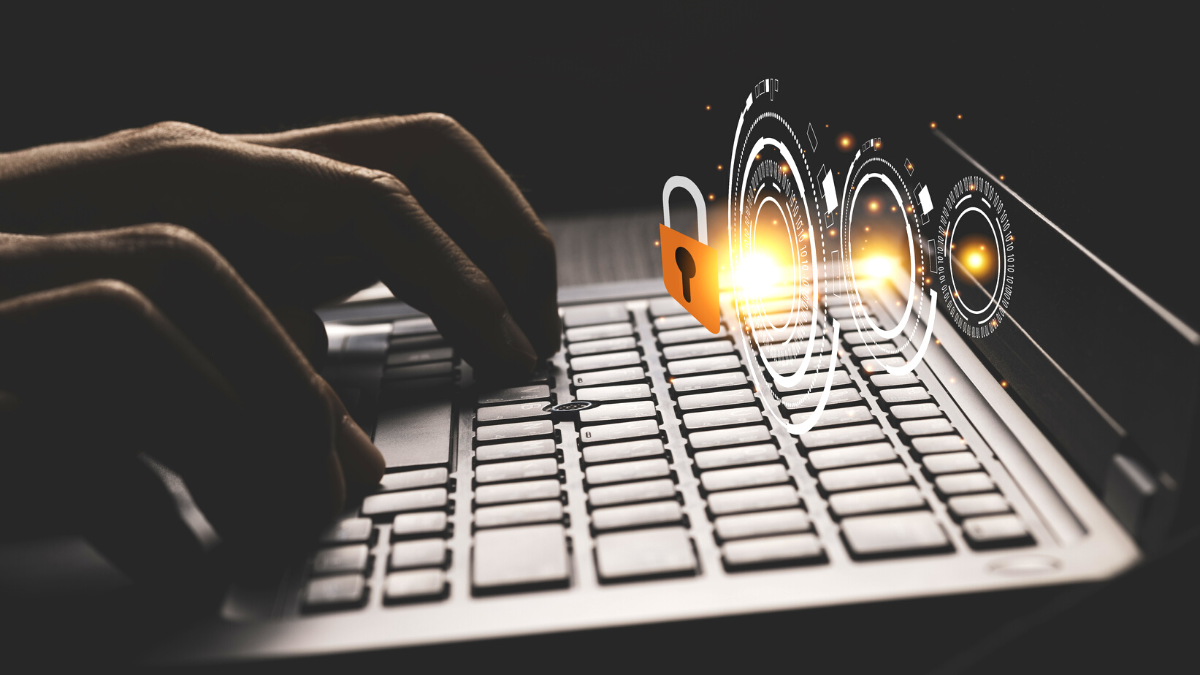Cybercriminals are posing as trusted organizations to steal your info. Find out how to protect yourself.
3 reasons you shouldn't go another day without antivirus software
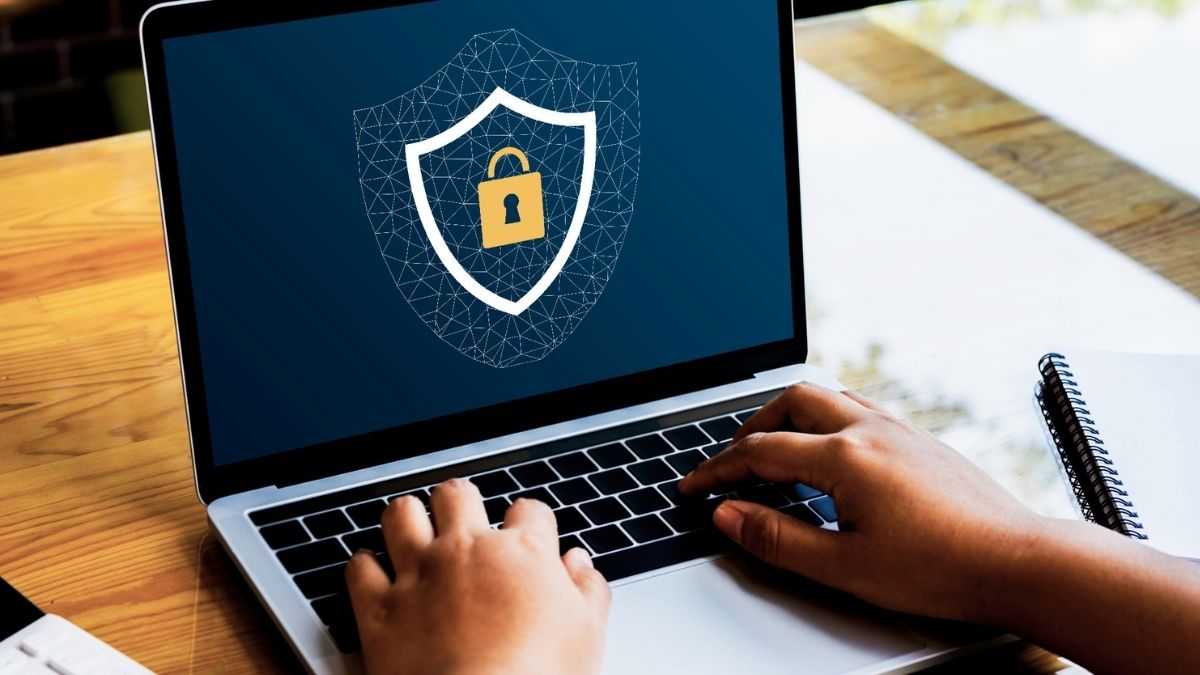
If you don’t have antivirus software, you’re putting every internet-connected gadget you own at risk. Something as simple as an unchanged router password can be an entry point for an invader to shut down your phone or even taunt your children through a security camera or smart speaker.
All your devices probably tell a detailed story about your life. Our computers and phones are critically important, from work emails and important documents to family photos. Are your devices truly protected? If you don’t have antivirus software installed, the answer is no.
Not all antivirus programs are created equal. Some won’t give you the comprehensive protection you need in our increasingly dangerous digital world. That’s why we’re sharing three critical reasons to upgrade to Kim’s pick and our sponsor, TotalAV.
1. Cybercrime is getting worse
Ransomware attackers prey on panic and fear once you realize your critical files are inaccessible. While stress is at an all-time high, they demand ridiculous money. In 2020, the average payment cybercriminals demanded was $178,000, Coveware research found.
If that weren’t scary enough, you could still be cheated even if you do pay. You might feel optimistic and hope that the hackers will hold up their end of the bargain once you’ve drained your bank account. Unfortunately, that’s just wishful thinking.
The Sophos State of Ransomware reports that only 56% of data gets restored after paying the ransom. That means you should never pay if a ransomware attack hits your system.
There’s no denying the ubiquity of cybercrime in today’s digital world. To make matters worse, their techniques improve every day.
2. Hackers are getting smarter
Here’s more detail on how ransomware works. Hackers break into your computer, ransack all your files and programs, and encrypt everything. You won’t be able to access any of it. It’s a total violation of your work and your personal life.
Now, criminals have beefed up their techniques. They’ve invented a method called double encryption. That’s when they encrypt your data twice at once.
By layering two types of ransomware on top of one another, they’re tricking you into paying double the original ransomware amount. Let’s say they demand $5,000 to decrypt your data. The hackers lift the first layer, only for you to find the second layer.
A VPN isn't just for your computer - Here's why you need a VPN on your router, too
If you aren’t protecting your router, you’re exposing a weak spot for cybercriminals to strike. Don’t be like the millions of people using outdated routers or weak default passwords. That’s right: A study from Comparitech found that one in 16 home Wi-Fi routers use their manufacturer’s default admin password.
Smishing - what you need to know
Do you need antivirus software? Yes! Check out Kim's pick

With all the cybercriminals and digital threats, you shouldn’t pinch pennies when protecting your devices. Using free antivirus software can actually put you at risk. You need smarter, more robust tools to combat increasingly sophisticated hackers and scammers.
Pro tip: How to securely share passwords
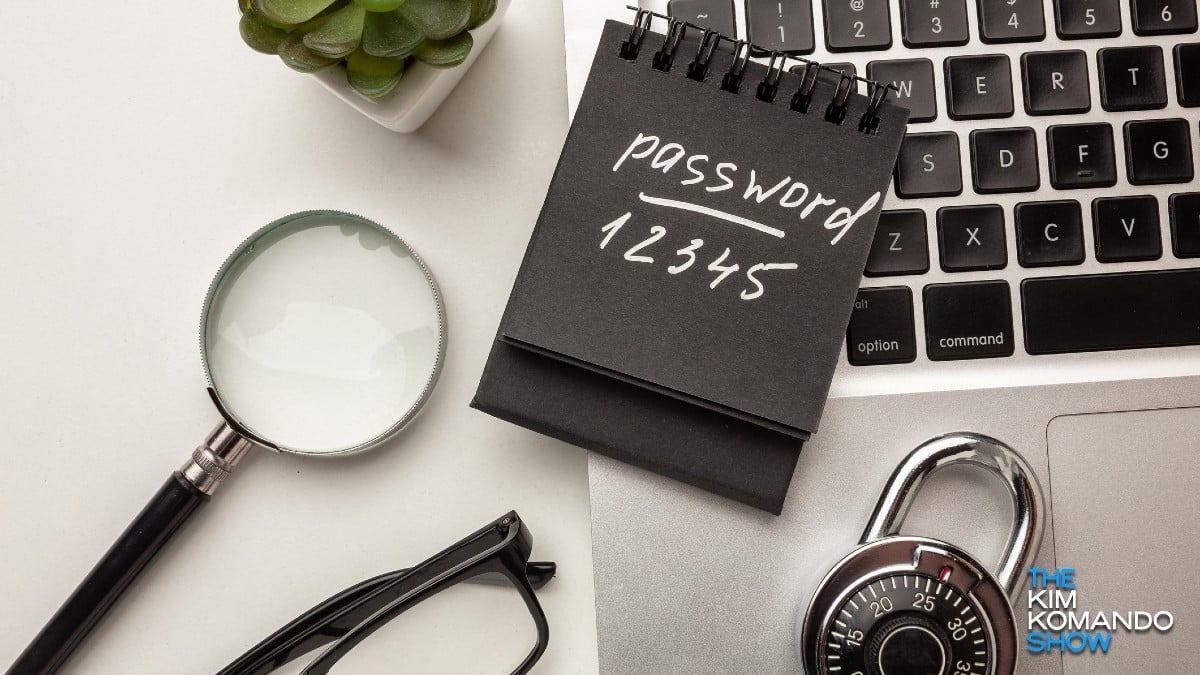
Any regular visitor to Komando.com knows never to share passwords. While that’s true in general, password sharing is sometimes necessary. You have to be careful and do it the right way.
Essentially, it all comes down to using the right password manager. Keep reading for more details.
The election: Donate to the candidate's official website only
Just hours after last week’s verdict, the Trump campaign raised $35 million. That kind of money attracts cybercriminals with fake donation sites. Here’s how to avoid them.
5 steps to make sure hackers cannot access your home network and files
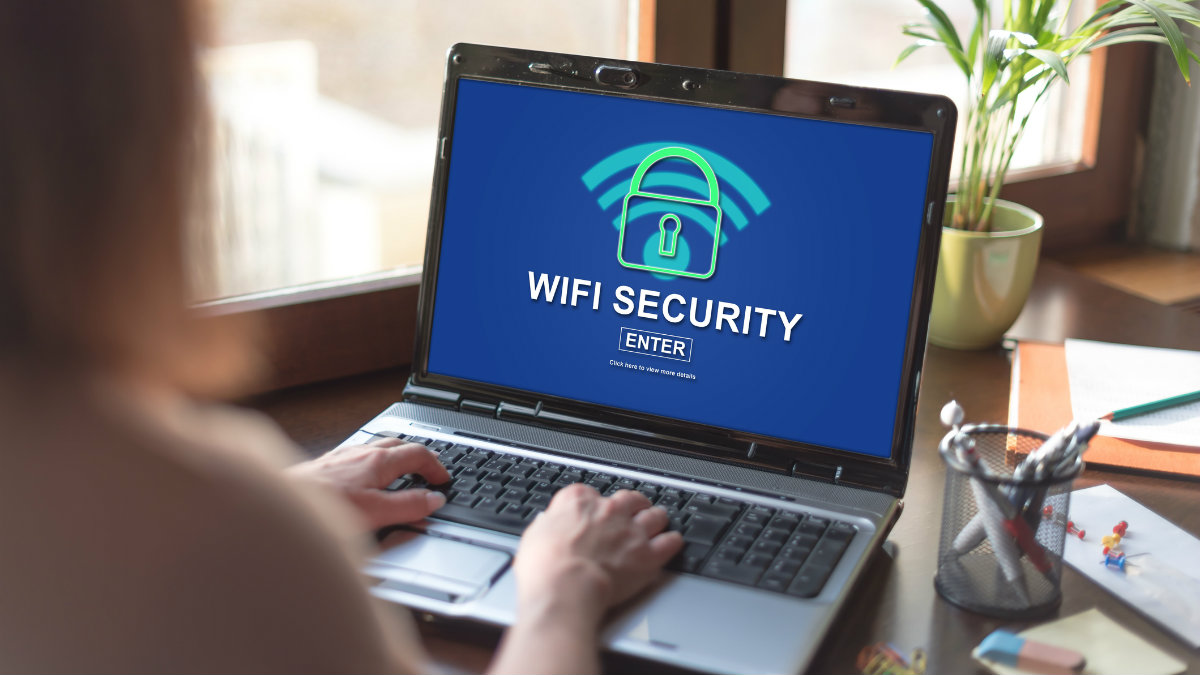
Hackers may have already compromised your network. Tap or click here for a free test to see if your router has been hacked. Keep reading for ways to protect your system from hackers.
This tip is brought to you by our sponsor, ExpressVPN. Protect your privacy. Get three months free when you sign up for one year at ExpressVPN.com/Kim.
Scareware 101: How to spot this dangerous cyberattack and protect yourself
Spam is unavoidable: It clutters your phone call history and chokes your email inbox. Like spam, scareware is another annoyance that seems to go hand-in-hand with internet access. It’s why you should never click pop-ups that say your system is at risk.
Hospitals under attack
Why are hospitals being targeted by cybercriminals? I give you the details in this one-minute podcast.
3 tricks to see if your passwords are being sold on the Dark Web
Hackers can make a ton of money by selling your private information on underground forums. It’s possible that your passwords are being sold on the Dark Web right now. That’s why you should run a cybersecurity check now and then.
Signs your phone or computer is infected with a virus or keylogger
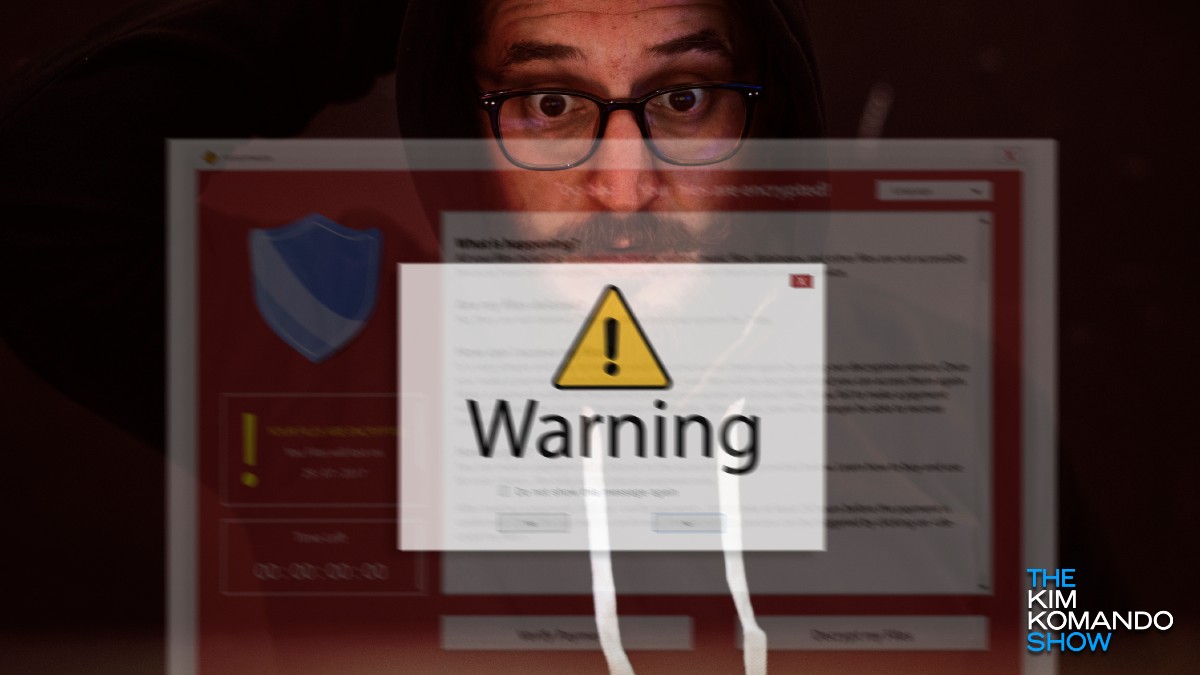
No matter your device, a hacker with enough gumption and know-how can break in.
Here are surefire ways to know if your system has been hacked and what you can do to fix or prevent it, brought to you by sponsor TotalAV. Your best defense against viruses, keyloggers and other malware? A solid security suite.
3 signs your printer is hacked
Have you secured every gadget in your workspace? Here’s how cybercriminals can take advantage of your printer, in just 60 seconds.
This scary malware screenshots your system to see if you're worth hacking

It turns out that not every target is worth hacking, and cybercriminals are using a new phishing scheme to sift through information to search for a lucrative payday. Their goal, as always, is to rip you off. But if your system doesn’t appear to be cyberattack worthy, they might leave you alone.
Use this site to check your network for unauthorized devices

You keep your device’s operating systems updated. You’re using internet security software. You’re pretty savvy about not falling for online scams.
Even so, malware and cybercriminals can still get through. Run this free check to see if your router has been hacked by criminals.
Firewall vs. antivirus: What's the difference and do you need both?

When it comes to protecting yourself online, there’s a lot of confusion. Between VPNs, two-factor authentication, antivirus software and firewalls, there are so many ways to protect yourself that it can be hard to track them all.
Tech security tip: How to remove malware from your phone or computer

Anyone who regularly browses the internet needs antivirus software. Think of it as a life jacket. It’s there to keep you safe in case of an emergency.
And when malware strikes at your defenses, it’s code red. You’re afraid that you’ll lose everything, your emotions are high and you might not be in the right state of mind to find a good solution. That’s why preventative measures make a world of difference.
New banking scam: Warning for Bank of America, Citi and Wells Fargo customers
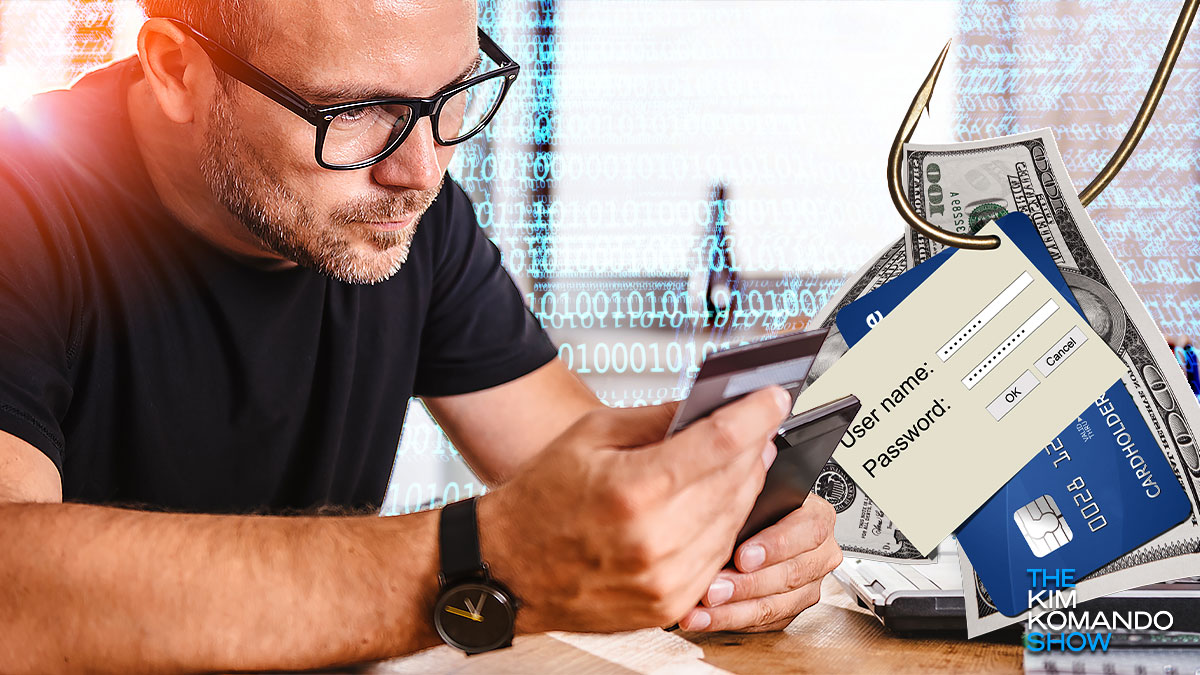
Cybercriminals often scour a website’s code, figuring out how to infiltrate the data. When they discover vulnerabilities or security weaknesses, they launch attacks with devastating consequences. Tap or click here to see how the personal details of 5.4M Twitter users leaked.
8 signs that your computer has been hacked

If your device is connected to the internet, it’s vulnerable to hacks. It’s as simple as that. Cybercriminals are always coming up with new tricks to get into your gadgets and you should be aware of that.
Fortunately, there are usually signs that your device has been compromised. When it comes to smartphones, this can include spikes in data usage, battery drainage and changes to your home screen, among other indicators. Tap or click here for information on diagnosing and solving phone hacks.
Don't be fooled! Criminals are using these tricks to get malware apps on your iPhone
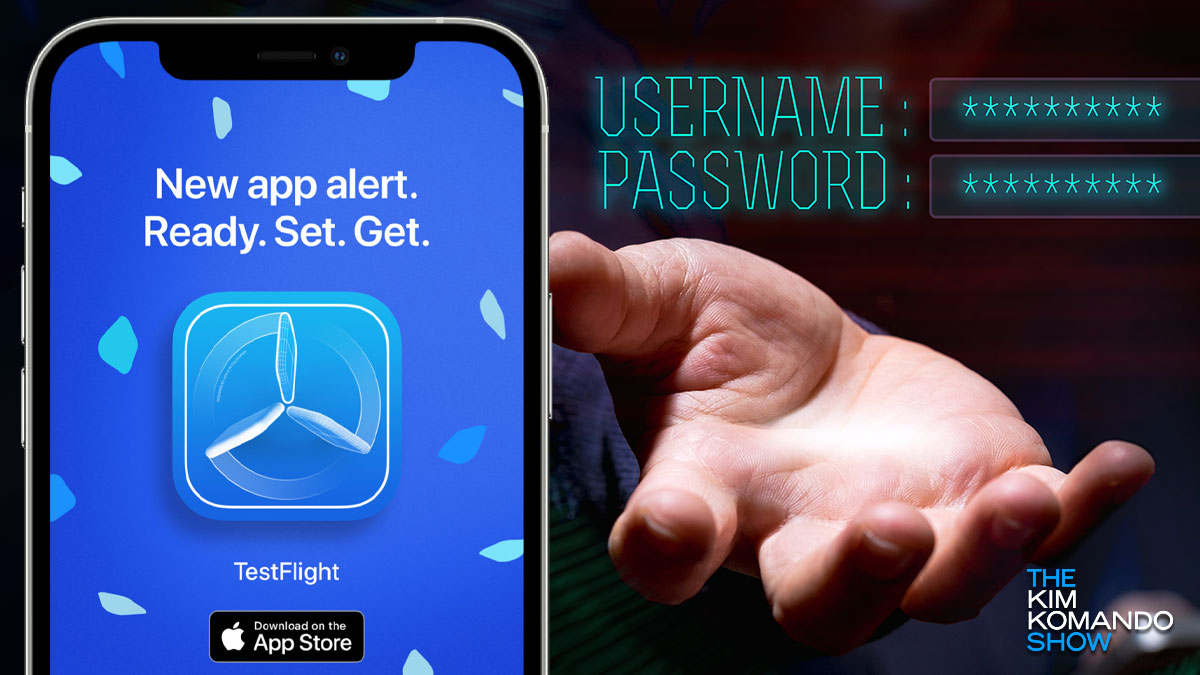
Before some iOS apps are made available on the App Store, they often go through public beta testing. Therefore, you would need a unique app, called TestFlight, to access the early versions of an application. Tap or click here to see how Apple made it easy to report App Store scams.
Giving up Kaspersky? Get a year of Kim's antivirus pick for only $19
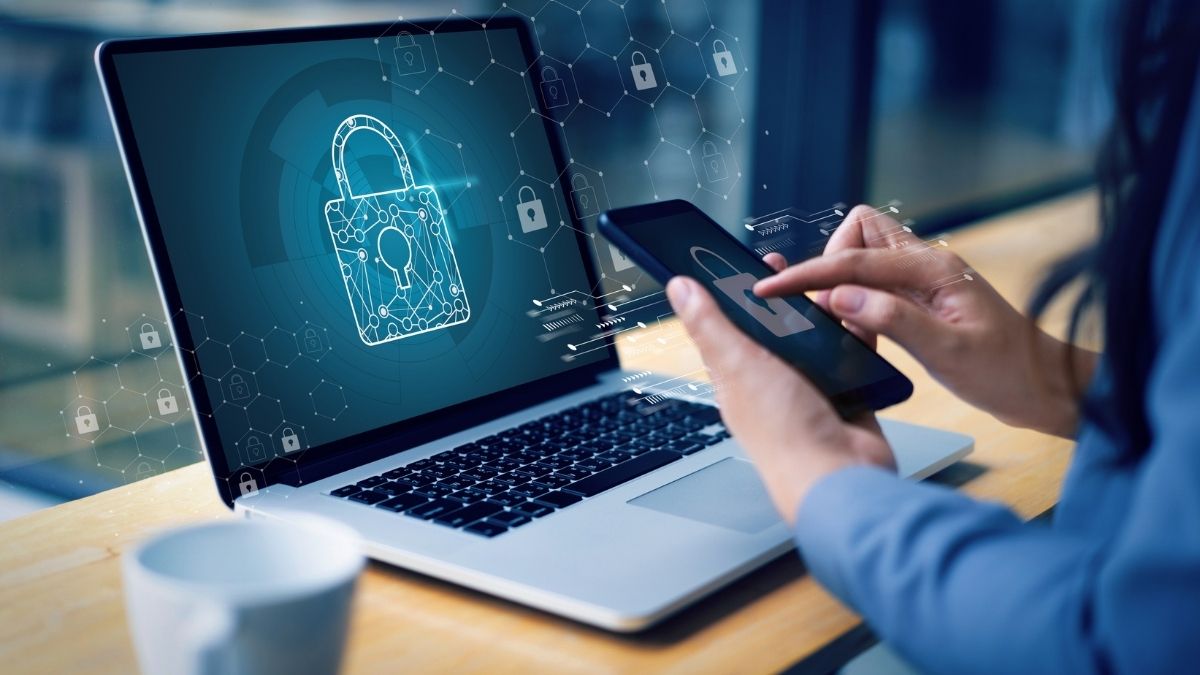
With tensions mounting across the world during the Russia-Ukraine War, cybersecurity experts warn not to use Russian-owned Kasperksy antivirus protection. Here’s why.
A question I get time and time again is, “What’s your antivirus recommendation?” Whether you’ve never used antivirus, stopped years ago, or want to get rid of Kaspersky, I can help.
